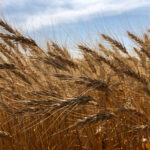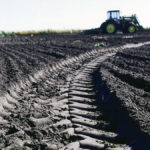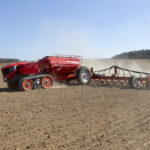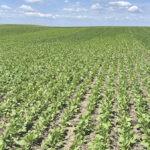There are lots of new choices for cereal growers in Western Canada this winter. Twenty-one wheat, barley and oat varieties are coming to market for next year, with many of them featuring improved resistance to fusarium and rust diseases. Please note, the following list includes only brand new releases for 2022. Alliance Seed Oats: CDC […] Read more













